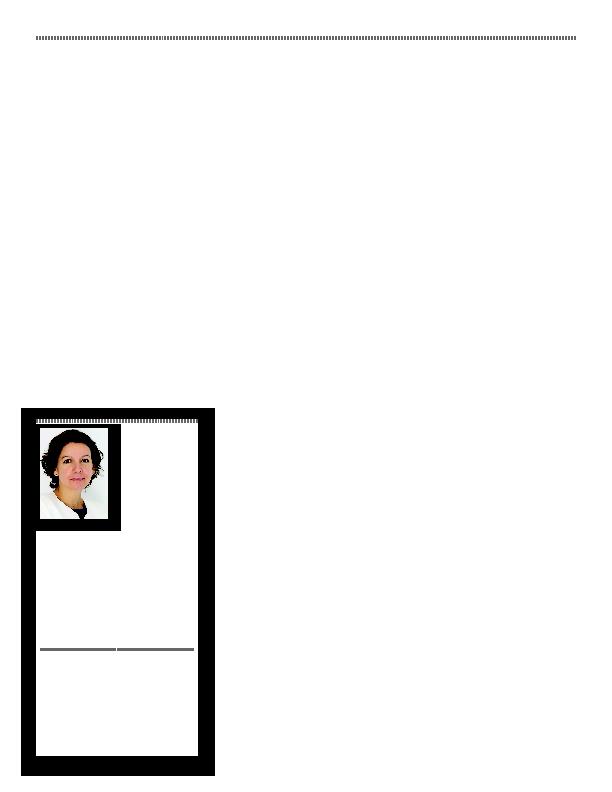
as any situation where a director may
abuse or neglect his/her duties to act
impartially and objectively, in order to
obtain some kind of personal or business
advantage. A conflict of interest is not
necessarily a wrongdoing or breach of
fiduciary duties in itself. Any company
director, once or several times throughout
his/her career, can find himself facing
a conflict of interest. What is important
in order to foster the good governance
and reputation of any company is to
be able to effectively identify, manage
and mitigate any actual, potential or
perceived conflicts of interest.
impartially and in the company's best
interest. Conflicts of interest may arise
in situations where a director can be in
a position to put his/her private interests
(related, for instance, to family or to
business elsewhere) ahead of those of the
company. Conflicts of interest may arise
in situations:
of another company which is a
relevant client, supplier, distributor,
competitor of or has any other
material relationship with the first
company;
major shareholder in the company
with conflicting interests with the
company;
some kind of benefit from a third
party who stands to benefit from the
director's decision;
position with a regulator that is
preparing industry policy affecting
the company;
with any relevant advisor to the
company such as an auditor, tax or
legal advisor, consultancy firm or
investment bank;
while carrying out his/her duties,
relative or close personal friend; or
interest in a proposed transaction that
he/she will be voting.
should raise red flags in any company
board, in other cases it may be difficult
to assess whether a situation or behavior
constitutes a conflict of interest. The
question to ask is whether an unbiased
third party could reasonably perceive
that a director's actions are being
compromised by his personal or other
business affairs.
of interest is well established in many
jurisdictions, some of which have set
forth strict guidelines for directors to
abide by before a potential conflict of
interest.
In addition to being observant
of any applicable laws and policies,
company boards should be able to react
in due time with efficient procedures
and specific actions aimed at helping
their members identify, avoid if/where
possible, and manage conflicts of
interest. These actions may include:
Board and Staff: A Code of Conduct
should require all directors to avoid,
whenever possible, any actual,
potential or perceived conflicts of
interest; explain how to identify
conflicts of interest very clearly
and using examples; and set forth
acquisitions. She represents Spanish and
international clients doing business in Spain and
abroad. Clients include companies in the medical,
real estate and consumer goods areas. She has
worked in Spain, the United States and Chile.
Mestre Nicolau 19
2nd floor
Barcelona, Spain 08021
+34.93.200.74.48 Fax
1961bcn.com